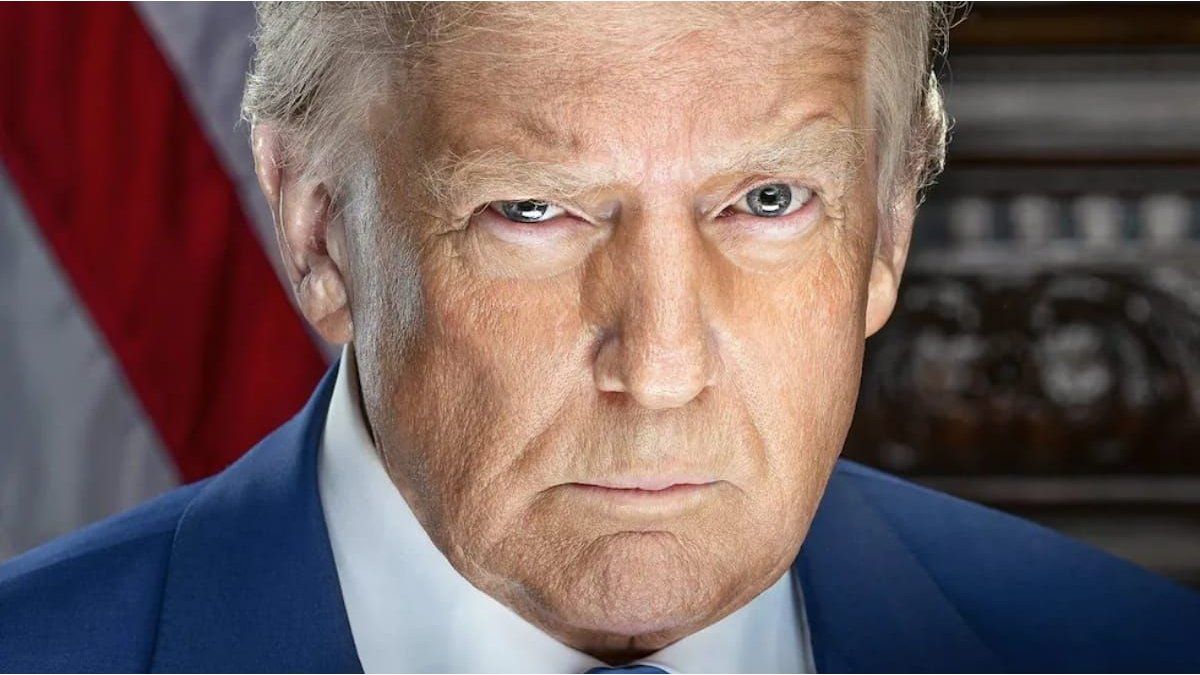In this context, in his campaign he promised an increase in tariffs for up to 20% to each import that enters the United States, while the percentage for Chinese imports would rise to 60%.
At the same time, he warned that will promote a 100% tariff to countries that do not use the US dollar to trade abroad.
The IMF, against Trumpist policies?
However, not all economic actors seem to agree with his position. The IMF itself on January 17 published its update of the world economic outlook 2025where he dedicated several paragraphs warning about American economic decisions.
The outstanding thing about the Fund’s criticism is that it decides to start the chapter “Factors affecting prospects” rejecting the protectionist wave as a growth factor.
“A intensification of the protectionist policiesthrough a new wave of tariffs, could exacerbate trade tensionsundermine investment, reduce market efficiency, distort trade flows and once again disrupt supply chains,” the IMF warns.
Juliet ZelicovichPhD in IR from UNR and researcher in the productive political area of Foundunderstands that the organization foresees an international scenario “marked by economic uncertainty” partly due to a series of Trump announcements regarding protectionist policies, but also about other changes in matters would change and monetary.
1DC3798D-B242-4D53-85B7-C01A536810F5.jpeg
Growth projections by region according to the IMF.
The question then lies in How it could affect the IMF-Trump relationship the organization’s critical view of this combination of decisions, considering that the US president is skeptical of multilateral entities.
“The inclusion of these considerations in the reports reflects how the IMF technical staffbut also from other international organizations, such as the World Trade Organization or the World Bank, observe and interpret the potential effects of this measure”, explains the specialist.
However, he considers that it is not part of a new discourse and that “It should not be taken as an ambition to interfere in Trump’s policies”, but as a chapter in a tense relationship that exists between the president and the director of the Monetary Fund, Kristalina Georgieva, which they will have to shape.
For the former representative to the IMF, Hector Torresthe IMF “has nothing against Trump”, but he does criticize it because he has the obligation to “warn about negative repercussions” that national policies may have on the rest of its members.
Regarding the increase in tariffs, he considers that increasing them unilaterally conditions the US market to geopolitical objectives. “That breaks with the system of rules that the US helped create and promotes a geoeconomically fractured world and of great unpredictability,” warns the professional.
Likewise, Trump insisted that tariffs will be focused on foreign countries to “enrich citizens” instead of taxing Americans to “enrich other countries.”
In fact, on Monday he ordered his officials to develop retaliatory measures against countries that apply “extraterritorial” taxes on US multinationalsin a move that threatens to trigger a global confrontation over tax regimes.
China, the giant that advances on the geopolitical board
Will Trump be able to achieve his goal? According to a former official who spent time in the United States and China, the difference is that The Asian giant gained greater space in terms of technological sovereignty and positioned itself much more solidly in the regionleading organizations such as BRICS, APEC, African Union or the Shanghai Cooperation Organization.
For example, China currently leads 32.3% of global car productionwhich is equivalent to the production of Europe, Japan and the US combined (35%).
In turn, the companies that Trump intends to relocate look at the Chinese market. 400 million average consumersdouble that of the United States, and which they project will double in the next 10 years.
“In discursive terms it is useful to build a new enemy, but in practice the increase in tariffs is going to bring complications. Global value chains have many actors although the US and Europe view that gaining logistics sovereignty is key”, analyzes the source.
Local businessmen also ask for “Argentina for Argentines”
At the local level, Trump’s arrival in the White House captures the attention of the business sector: The industrial policies that it guarantees to apply serve as a reference for the internal market in terms of discussing a plan for the industry.but businessmen fear that deindustrialization will continue.
For Roman Guajardopresident of the Rosario Region Industrial Unionalthough it is premature to draw conclusions, estimates that Argentine exports “could suffer from protectionist measures” such as those that Trump will seek to lead.
At the same time, he wonders what the destination of Chinese productswhich could be modified if charges on exports from the Asian country intensify.
Along the same lines, an important businessman in the metallurgical sector estimates that if the US places “many obstacles” to the entry of Asian products, Latin America appears as a key market for China “dump your surplus production“and bring rigged”risks of unfair competition that arise”.
In turn, Oliver Maltzsecretary of the Argentine Industrial Union (UIA) young man, advances that his fear is due to the increase in tariffs on imports from China and the oversupply of products “have to be raffled off to other countries and be given away, affecting the Argentine industry”.
So, if Milei presents a plan to make imports more flexible and exchange rate delays, why would he support Trump if his industrial policy is completely different?
The former Fund official maintains that The American president is determined to use the State to influence his corporate decisionswhile his Argentine counterpart believes that the best thing he can do is not interfere in corporate decisions, “let the market do its thing.”
Meanwhile, Zelicovich maintains that Milei’s policy is based on a strongly ideological decisionbased on dogma, and not based on particular interests.
Source: Ambito




